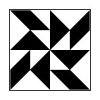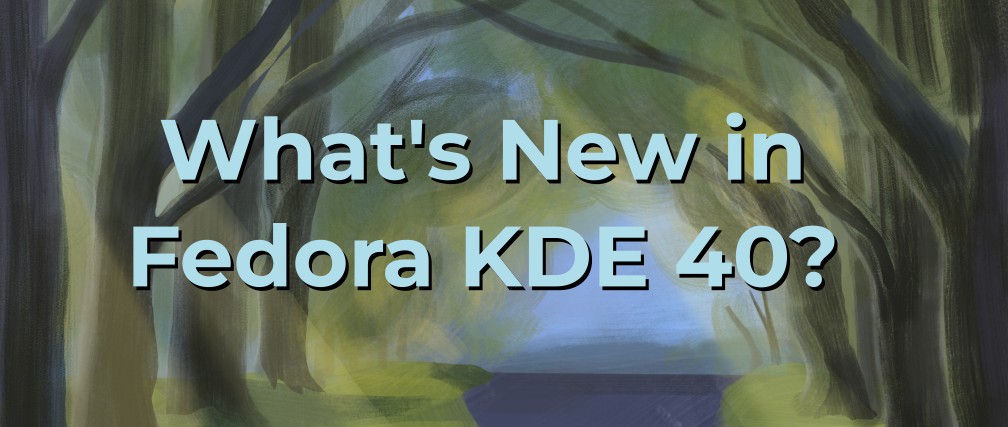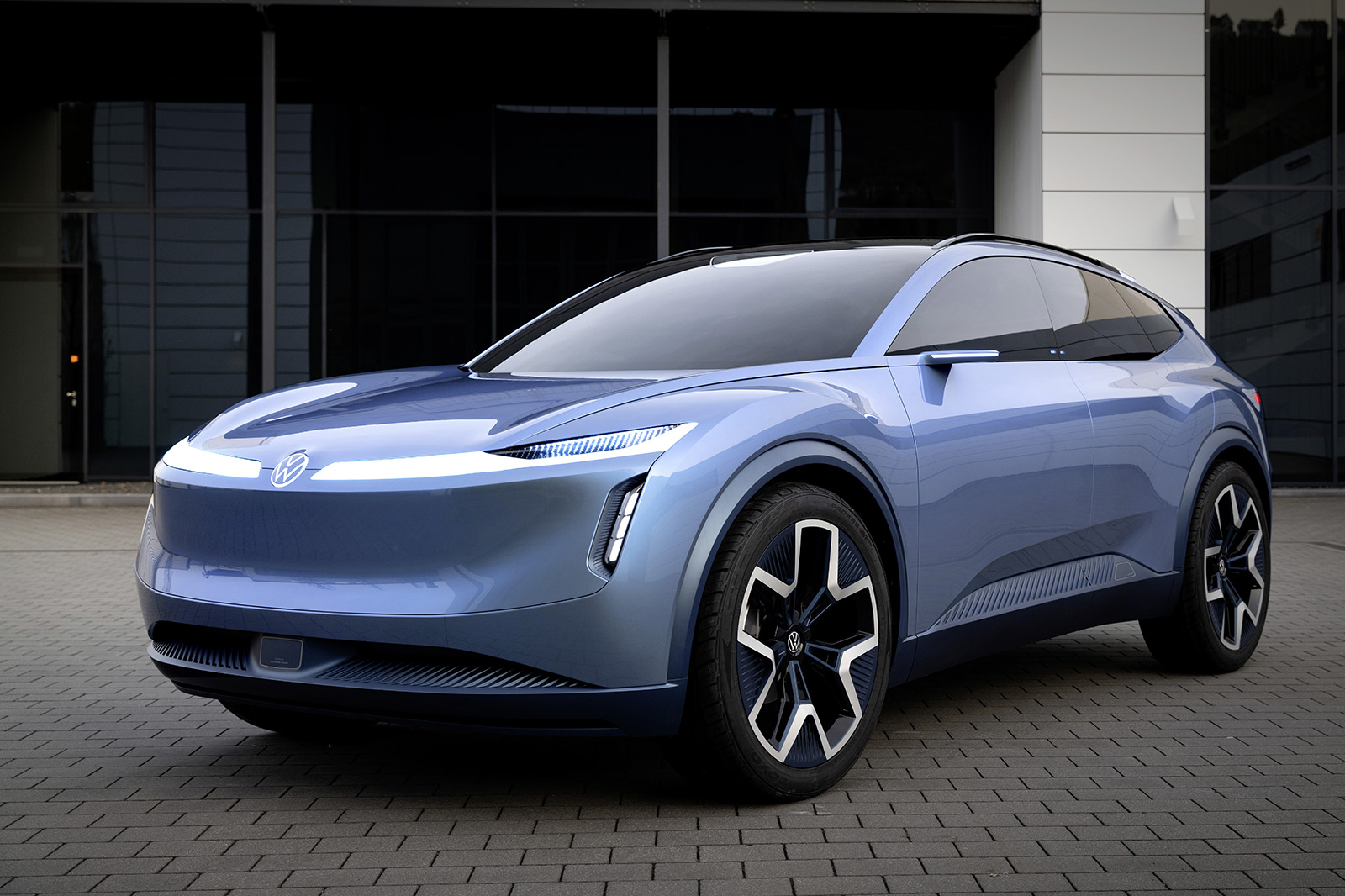Testing The Natural Abstraction Hypothesis: Project Intro
If true, the natural abstraction hypothesis would dramatically simplify AI and AI alignment in particular. It would mean that a wide variety of cognitive architectures will reliably learn approximately-the-same concepts as humans use, and that these concepts can be precisely and unambiguously specified.
Ultimately, the natural abstraction hypothesis is an empirical claim, and will need to be tested empirically. At this point, however, we lack even the tools required to test it. This post is an intro to a project to build those tools and, ultimately, test the natural abstraction hypothesis in the real world.
One of the major conceptual challenges of designing human-aligned AI is the fact that human values are a function of humans’ latent variables: humans care about abstract objects/concepts like trees, cars, or other humans, not about low-level quantum world-states directly. This leads to conceptual problems of defining “what we want” in physical, reductive terms. More generally, it leads to conceptual problems in translating between human concepts and concepts learned by other systems - e.g. ML systems or biological systems.
If true, the natural abstraction hypothesis provides a framework for translating between high-level human concepts, low-level physical systems, and high-level concepts used by non-human systems.






















